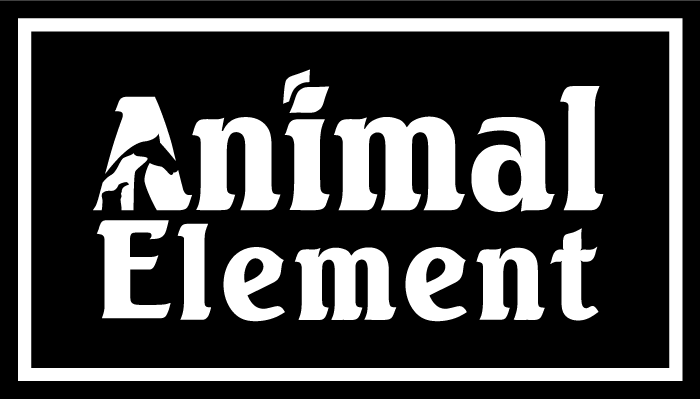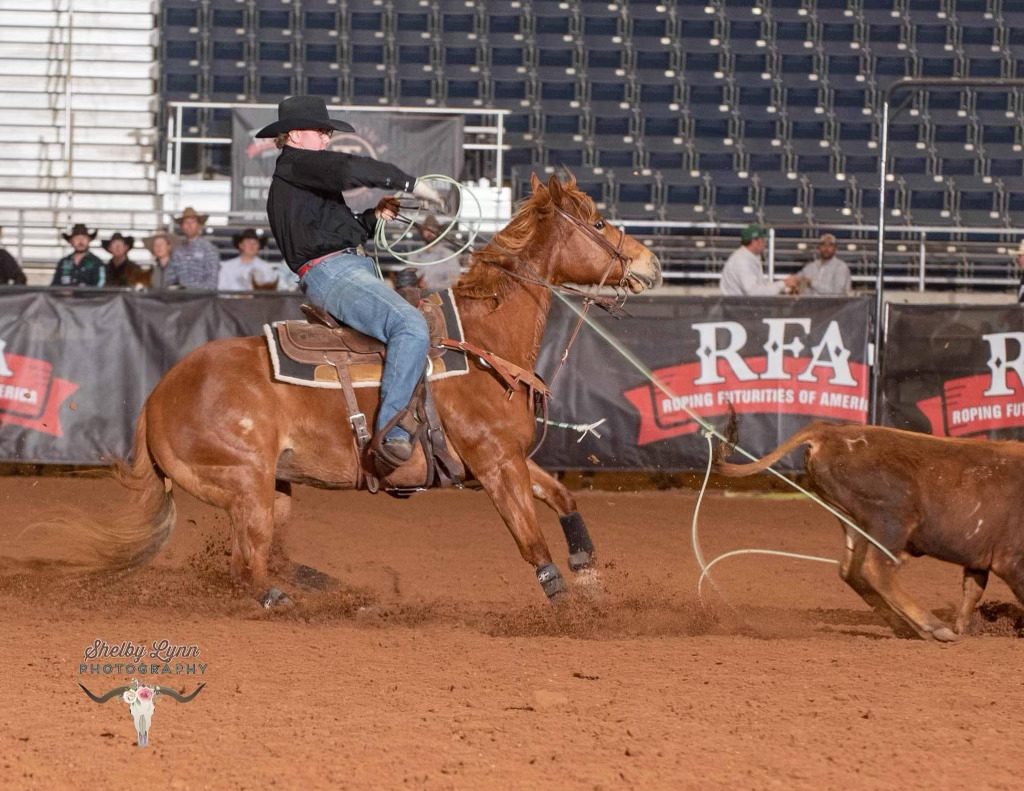Last updated on October 8, 2024
Is a Horse Immune Supplement Really Necessary? We Think So, and Here’s Why
A horse immune supplement may seem a bit over the top, but one of the biggest concerns for horse owners, as they travel with their horses, is to protect their horse’s immune system. If you sit around and watch at any equestrian event or rodeo, you’ll see highly alert competitors trying their hardest to keep their horses from being exposed to unfamiliar pathogens.
This may look like making sure their horses don’t touch noses with other horses, carrying their own water buckets so their horses don’t drink after one another, and meticulously cleaning stalls. Some competitors also have a set of tack and supplies for each horse and do not share things like brushes, buckets, or saddle pads…even among their own horses.
From afar, it looks like a lot of extra work just in the off chance your horse picks up a virus. But while horses can be incredibly tough animals and give their heart and soul in competition when asked, doing our best to help them stay healthy is part of being great caretakers of these magnificent animals.
In this article, we will take a closer look at the horse’s immune system, how “pathogens” typically penetrate, and what you, as the horse owner can do.

How the Equine Immune System Works
Much like the human immune system, the horse’s immune system consists of white blood cells and antibodies that fight off infections and foreign proteins that don’t belong. Certain organs like the liver, lymph nodes, thymus gland, and bone marrow act as a place for immune cells to gather, communicate, and kickstart an immune response.
According to the Merck Veterinary Manual, “The primary role of the immune system is to defend the body against foreign invaders or abnormal cells that invade or attack it. To do this, the immune system must distinguish between “self” and “non-self.” By recognizing invading microorganisms (such as viruses), chemical agents, or other foreign substances that are “non-self,” a body can protect itself from attack.… A normal immune response consists of recognizing a foreign antigen, mobilizing forces to defend against it, and attacking it.”
The immune system has 3 lines of defense against antigens:
- Physical barriers include skin, corneas, and the respiratory and digestive tract membranes. These are usually defended by good bacteria (think gut flora) and if unbroken, are hard to penetrate.
- Innate immunity, or nonspecific immunity, is present at birth and is the act of white blood cells working on their own to attack invading antigens
- Adaptive immunity is acquired through time as the immune cells encounter, learn about, attack, and remember specific antigens. This is how most vaccines work, by developing the adaptive immunity response.

How Diseases Spread from Horse to Horse
Infectious pathogens like viruses and bacteria, have to enter the immune system through one of the physical barriers. This can be through an open skin wound, or the mouth, nose, or eyes and into the membranes there.
If a healthy horse drinks after an infected horse from the same bucket, they could ingest some of the sick horse’s saliva left in the water, thus inviting the antigens into their body. Contact of mucous through nose touching is another common way for horses to share germs.
Strangles (Streptococcus equi subspecies equi) and equine influenza are generally spread in these ways, especially at large events where there are a lot of horses in close quarters. West Nile virus is a blood-born pathogen spread by mosquitoes after feasting on an infected host and then biting a healthy horse.

Other diseases like Salmonella and EPM (Equine protozoal myeloencephalitis) are contracted by the horse eating feed or drinking water infected with feces containing the bacterium.
Poor nutrition, stress, and exposure to unfamiliar horses can all increase the risk of the spread of equine diseases. These factors make any equine competition: whether it’s roping, jumping, an endurance race, or a barrel race, a high-risk environment. This is where a high-quality horse immune supplement could make all the difference.
How to Boost the Horse Immune System
Much like with humans, the key to disease prevention in horses lies in two main things: hygiene and nutrition. Focusing on those two things will go much further than anything else when traveling and competing. But of course, a little extra help in the form of vitamins and supplements is ALWAYS welcome and proven to be effective.
When traveling with your horse for competitions consider putting these steps into place, to keep them healthy:
- Bring buckets (and water when possible) from home & do not share.
- Try to limit physical contact with other horses not from your home barn
- Sanitize all gear before leaving for the event, and before returning home
- Make sure your horse is eating properly and well-hydrated during the trip
- Focus on gut health prior to leaving for the competition (the digestive tract plays a HUGE role in the immune system)
- Foundation Daily Detox and NuTrack Digestive Support not only keep the gut healthy but also flush the body of toxins. This allows the gunk-filtering liver, kidneys, and spleen to be in tip-top shape to help immune cells fight antigens
- Try to manage your horse’s stress. Like humans, horses are more susceptible to illnesses when they’re under high chronic stress (like a weekend-long competition or long road trip)
- In The Zone Calming paste is an all-natural calming supplement that does not affect your horse’s energy, but takes the edge off. It’s great for road trips, competitions, or just naturally high-strung horses.
- Read this blog to find out more about ITZ paste.
Should You Use a Horse Immune Supplement?
Even with all the things done correctly, and all the precautions put into place, germs can still find their way into your horse. That is just the fact of life: ask any parent with small children. Illness happens. And that’s where Immune Key comes into play!

Formulated with a proprietary blend of herbs known for their antioxidant properties, Immune Key is the perfect all-natural way to help fortify your horse’s immune system. Rosemary and Triphala work to fight off infectious pathogens and inflammation, while Mullein keeps the respiratory system clear and healthy. This horse immune supplement focuses on equine nutrition, strengthening the immune system, and reducing inflammation.
With a powerful formula of proven immune-boosting and nutrient-rich herbs for horses, Immune Key supports the body’s immunity and organ functions. Feed it to your horse in preparation for a big event and/or road trip to keep their immune system healthy. If despite your best efforts, your horse already contracted a bug, feeding Immune Key will help lessen symptoms and reduce recovery time.
As with any immune boosting protocol, keeping your horse’s body flushing out toxins is also key. This is why we ALWAYS recommend that all horses get and stay on FDD and NuTrack as the base supplement for continuous health.
The All-Natural Horse Immune Supplement That WORKS!
There’s nothing quite like the camaraderie you find at a big equine competition. Despite all the fun and exhilaration, there’s no denying that events can be stressful and sometimes very crowded. Large crowds of people and horses from all over the state/country/world can be a breeding ground for illnesses.

To prepare, make sure your horses are properly vaccinated and wormed, and are eating and drinking properly. Bring your own water and feed buckets, and try not to share with others (despite what your mama tells you). When possible, avoid letting your horse “socialize” with unfamiliar horses, touch noses, or drink from communal water troughs.
Using an all-natural horse immune supplement like Immune Key gives your horse’s immune system an extra boost to its defenses when inundated with unfamiliar pathogens. If not already on Animal Element, start your horses on Foundation Daily Detox and NuTrack Digestive Support to get their gut health in check and organ function running smoothly. Nutrition is key to a robust immune system.
If you have any questions or want to share a story about Animal Element and your horse, please contact Mark Kaylor at 509-301-1798.
Resources:
- McCoy, Annette and Anna Firshman. “Equine protozoal myeloencephalitis (EPM).” University of Minnesota Extension. 2024. https://extension.umn.edu/horse-health/equine-protozoal-myeloencephalitis-epm
- Tizard, Ian Rodney. “The Immune System of Horses.” Merck Manual, Veterinary Manual. March 2019. https://www.merckvetmanual.com/horse-owners/immune-disorders-of-horses/the-immune-system-of-horses
- Young, Amy. “Common Offenders: Equine Pathogens to Keep on Your Radar. The Horse Report, School of Veterinary Medicine at UC Davis. 22 Sept. 2020. https://cehhorsereport.vetmed.ucdavis.edu/news/common-offenders-equine-pathogens-keep-your-radar
- “Biosecurity Measures to Keep the Competition Horse Healthy.” United States Equestrian Federation. 2023. https://www.usef.org/forms-pubs/KR7Md0c5tCw/biosecurity-measures-for-horses-at-home

